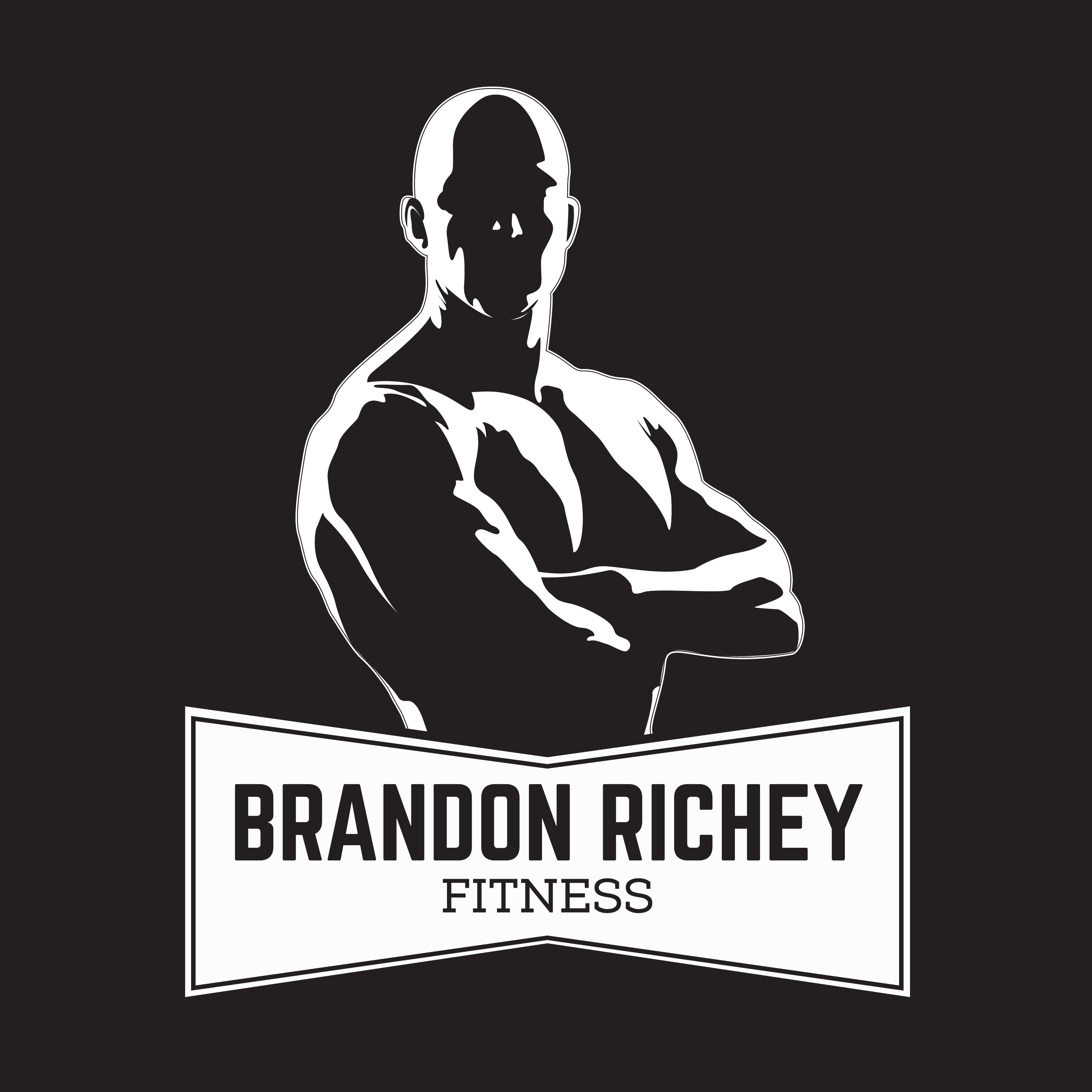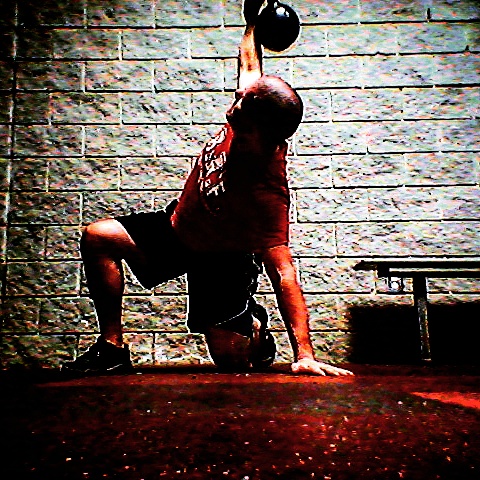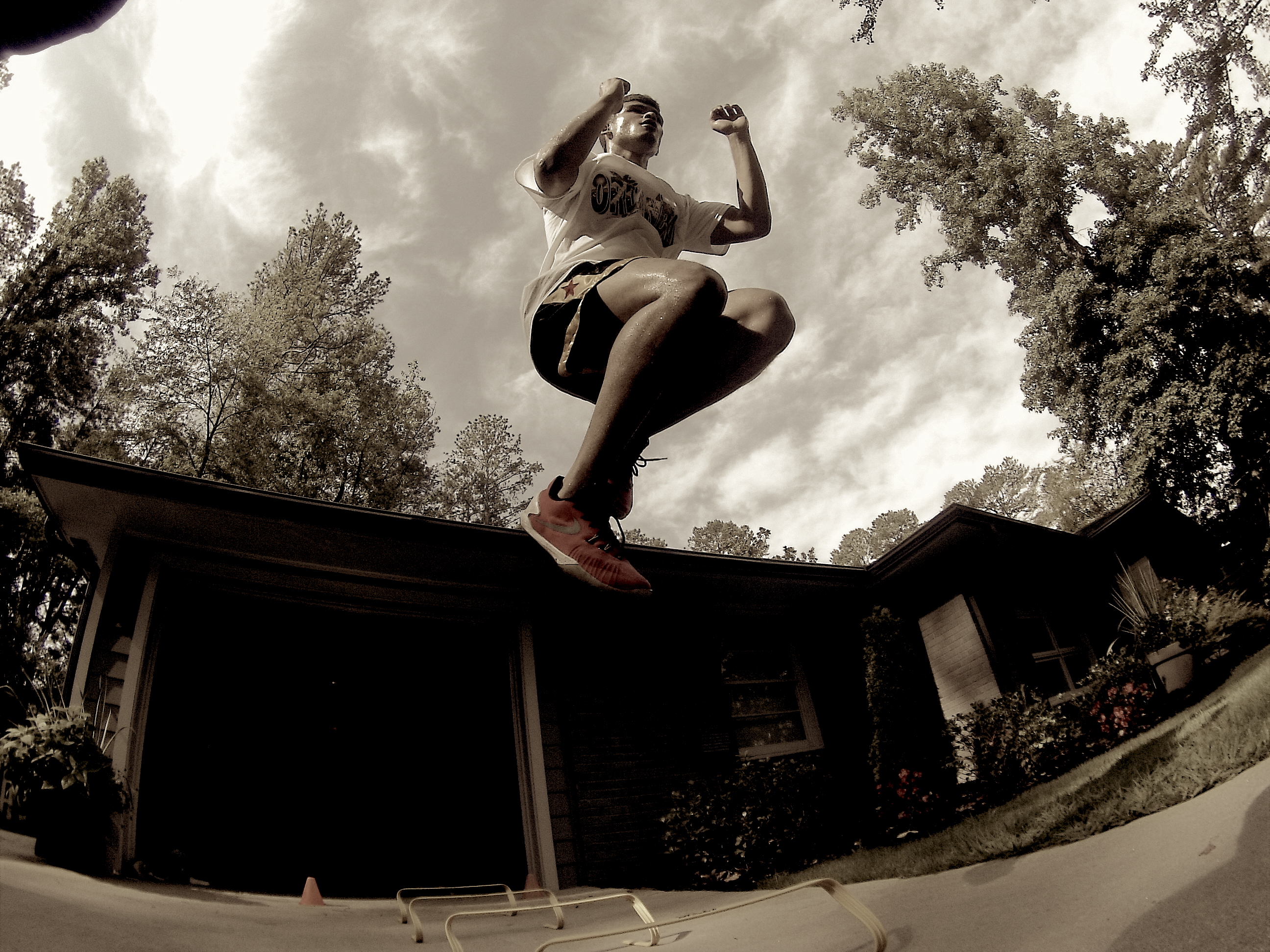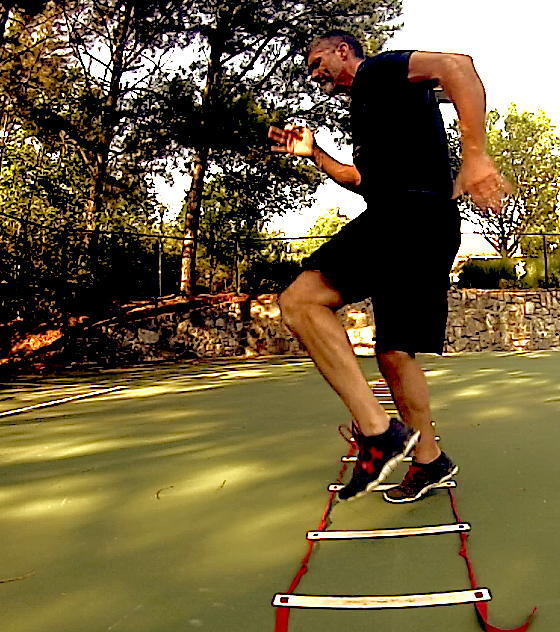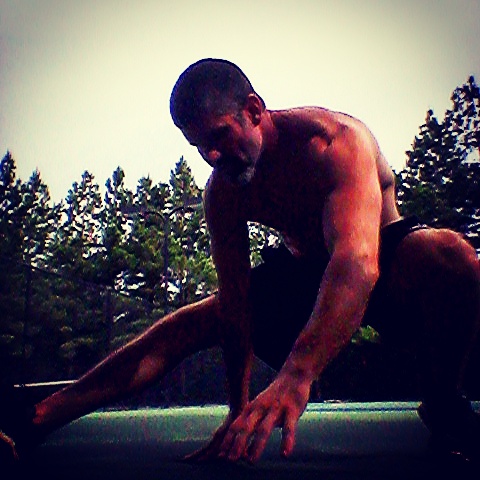
The Invisible Man: The Plight Of The Strength Coach
Over my 15 year career I’ve had a great deal of experience with recognizing the bread and butter of what makes an athlete, or trainee successful. The thing is that I’ve always explained to parents, trainees, and other sport specific coaches (the coaches of the specific sport being played) that my job is to not specifically make the individual a better baseball player, a better football player, or a better fighter. My job is to make that individual a better athlete…period! By doing this they will excel at their relative sport, or physical life demands.
The Invisible Man
Over the course of my career I’ve had moments when felt like the invisible man. Now don’t misunderstand me because I’m not looking for a spotlight, or even a pat on the back. I’m not sitting here typing these words in order to try and create an article that is going to sound like a digital soap box for strength coaches and trainers across the globe…although if I happen to create that sort of rallying cry here I certainly won’t mind it.
So what do I mean when I say I have felt invisible at times? Well the truth is that I think I can speak for many strength coaches and trainers in saying that we have all felt relatively invisible at some points during our careers.
This is often the case when it comes to actually getting the same level of recognition for an athlete’s success as other coaches get. Once again don’t misunderstand me because I believe the “individual athlete” should get all the credit for a given pursuit and for their hard work.

I’m not looking for accolades, but I am literally pointing out what usually happens…and what usually happens is that other sport specific coaches are quick to step up and take the spotlight. Although the culture is changing traditionally strength coaches/trainers have not really been recognized to the same degree as baseball managers, football coaches, swim coaches, wrestling coaches, or any other coaches that are specific to a sport.
Now the truth is that the position of strength coach has traditionally been a position that has even lacked a considerable level of respect as well. This can be seen when many sport coaches in many settings today still want to maintain the full time job as the team, or organizational sport coach while also being the full time strength coach.
I’ve even witnessed where sport coaches would try to dictate to strength coaches how to go about programming, designing, and coaching their athletes for a given seasonal strength and conditioning program. On the flip side I’ve never once witnessed a strength coach dictate to a sport coach how to go about game planning, or how to strategize to beat another team. In this scenario it’s always been a one way street.
The Glue And The Discipline
It’s also been my experience that athletes tend to come together more in the weight room, or when out on the field conditioning than in any other setting. This is the case and it doesn’t seem to matter whether the athlete is involved in an individual, or a team sport.

The reason for this is that athletes that are the most successful work hard and embrace the journey towards strength while focusing more on competing with themselves when building physical prowess. This process is prevalent because of the discipline required in mastering various elements that are involved in strength and conditioning.
Just like the fighting arts of Muay Thai, Jiu-Jitsu, Boxing, and Taekwondo require steady focus and mastery the way I see it is that strength and conditioning is a discipline in much the same way. Depending on the strength coach and program the plan that you’re following requires steady focus, effort, and a pursuit for you to master your body for what the coach has planned out for you in order to help you in your relative sport.
I guess in some ways that makes the strength coach a kind of Mr. Miyagi Master of iron. The point here is that in my opinion the recognition and appreciation of a quality strength coach has been pushed aside for way too long in the world of sports.
In Closing
Who else is going to challenge you to master your body…not your sport skills, but your body? What other coach brings the intensity? What other coach has to wait to carry out their plan long after the sport coaches have consumed most of the athletes’ time and energy?

My point is that more emphasis should be placed on strength and conditioning while quality strength coaches and trainers should be sought out much more aggressively. The fact is that this drives up performance and drives injuries down.
After all, the failure of many athletes to master their bodies at a young age usually results in many athletes developing injuries later in their careers. Because of this many sport coaches and parents end up focusing on the wrong cause of those injuries because of Survivorship Bias.
At the end of the day these factors revolving around body mastery, enhanced athleticism, and mental toughness not only make better athletes…it makes better citizens. As I get older I realize that true high quality people are hard to come by.
The fact is that the disciplined pursuit of a discipline is rare these days and is something that is needed more than ever. The discipline of strength and conditioning is a wonderful platform for making an impact in this area.
Related Articles:
How To Optimize Your Strength With Age
The Mental Edge: Beating The Doubt Monster & Blazing Your Own Trail
Common Sense Strength: Harness Your Natural Human Ability
My Interview With Underground Strength Coach Zach Even-Esh
My Interview With NFL Strength Coach Jeff Fish
Get Free Updates And Training Guides Here
